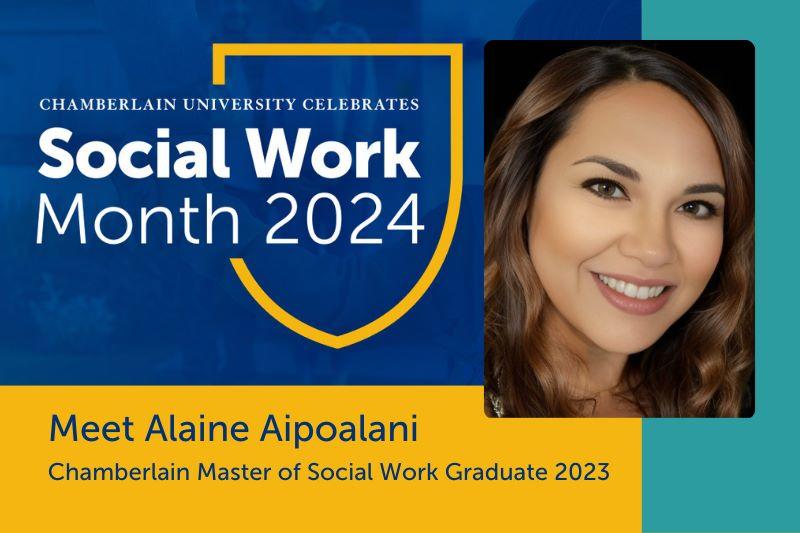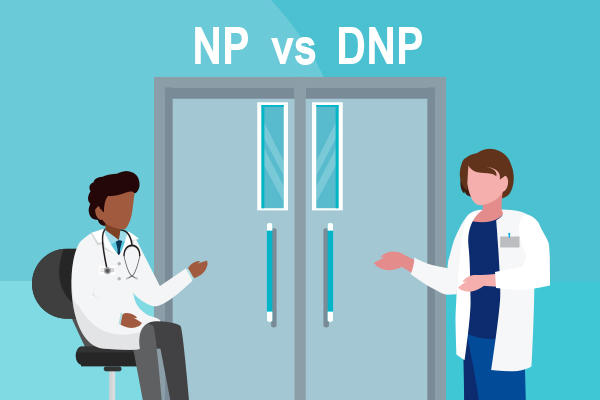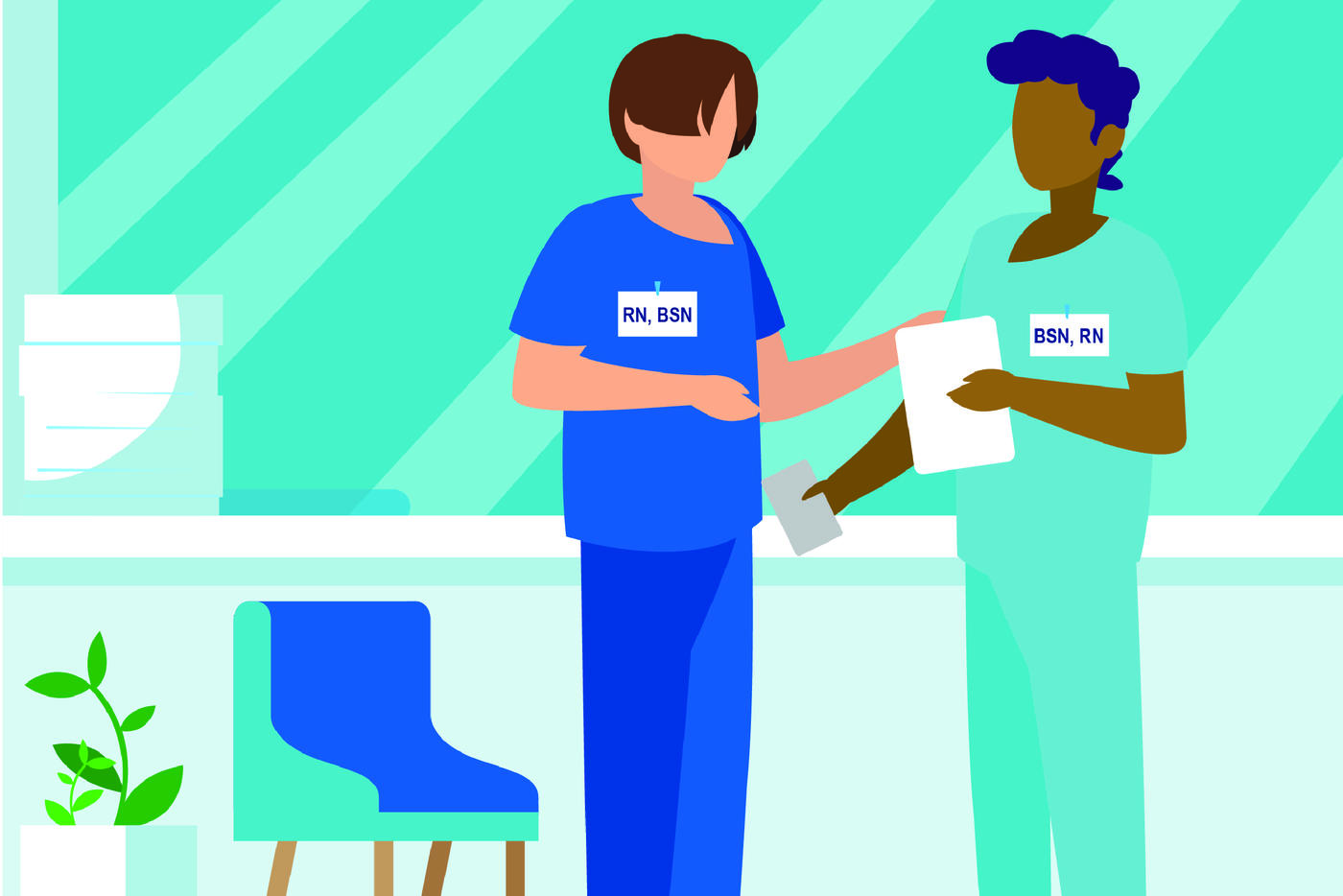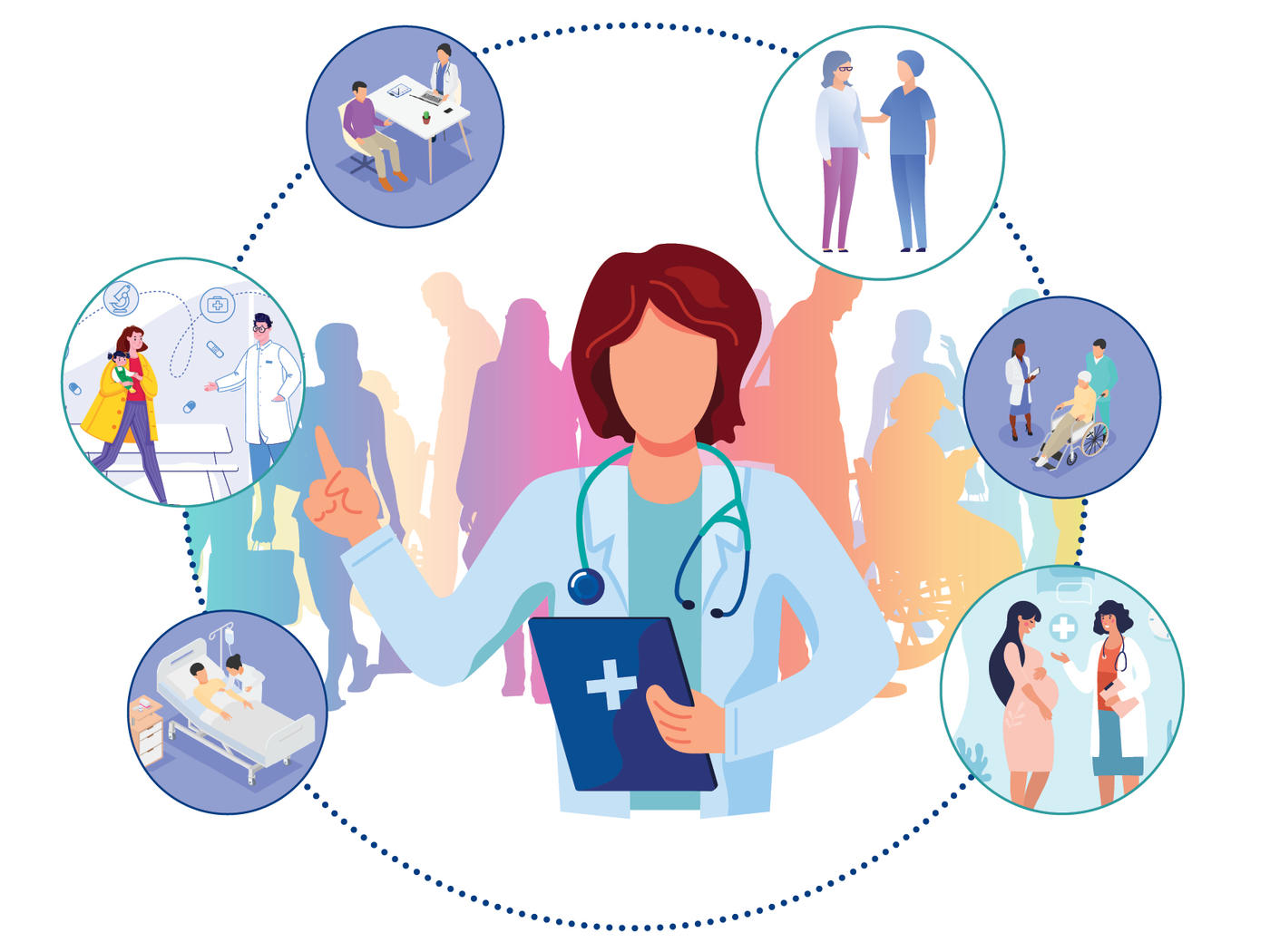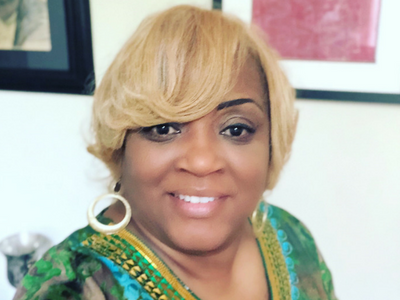Featured
Tags
Share
- Home / Blog / Nursing Today / Chamberlain Conversations - Caring for Our Caregivers
Chamberlain Conversations - Caring for Our Caregivers
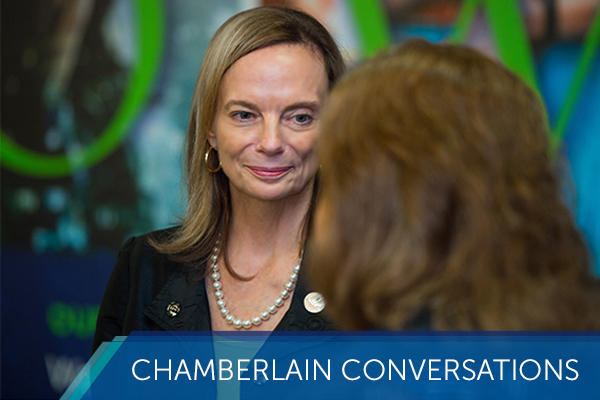
Before the COVID-19 pandemic, most people turned to nurses, physicians and other health professionals in their moments of need without giving much thought to the needs of the people providing the care. In the last year, those attitudes have changed. It seems nearly everyone is now aware of the importance of caring for our caregivers. That awareness is a major step forward, but the public and organizations express that care in vastly different ways, and some are more effective than others.
Caring for caregivers is a central tenet of the Chamberlain culture, and we are not alone. To explore this topic, I reached out to a colleague: Mary Jo Jerde, MBA, BSN, RN, FAAN, senior vice president of UnitedHealth Group. Mary Jo leads the company’s Center for Clinician Advancement, which deploys programs to improve clinician engagement, reduce voluntary turnover, promote health and well-being and support the personal and professional development of UnitedHealth’s clinicians.
Even before the pandemic began, nurses were experiencing high levels of burnout and other strains on their mental and physical health. When the pandemic hit, those were intensified. I began by asking Mary Jo what concerned her most.
Mary Jo: Mental health. The stress on nurses when they're caring for people through death and dying—it's significant to have that level of intensity in their practice. Concerns about available PPE, new protocols, the pace of change, and the uncertainty that came along with these things—they sent stress levels for providers thru the roof. We have seen it within our own workforce. We've seen it documented in national surveys, and it's concerning, because if this is where we are one year into the pandemic, what will be the two-year, the five-year impacts on mental health among clinicians?
Karen: Several recent surveys have talked about the fact that nurses are tough, and when someone asks how we are, we say we're fine, because it's been drilled into us that our job is caring for others. I think we need to do a better job, particularly with nursing students, so they realize that you can't take care of others if you don't take care of yourself.
We need to do a better job getting nurses to realize that you can't take care of others if you don't take care of yourself.
Mary Jo: Absolutely. A survey just off the press from the American Nurses Foundation said that, among nurses aged 34 and younger, 81% felt exhausted, 71% felt overwhelmed and 65% said they were anxious and unable to relax. Those are staggering statistics.
Karen: They are. You know, the word “unprecedented” has been used a million times this past year, but it really is unprecedented, what we expected nurses to be able to do. And it hasn't lessened. It's become chronic in nature. When we thought the pandemic would last two or three months, the adrenaline could carry people through, but that only goes so far.
Mary Jo: And nurses who are nearing retirement, they're just choosing to retire even sooner than otherwise planned. That's another concern we need to be mindful of.
Karen: In 2017, the National Academy of Medicine launched the Action Collaborative on Clinician Well-Being and Resilience, which was an attempt to reduce burnout and compassion fatigue for all clinicians. It was well received and gaining traction, but as I talked to nurses who were actually taking care of COVID-19 patients last year, there was still this feeling that, somehow, they have to be the solution. They think, I just need to be more resilient, I just need to be healthier, I need to eat better and all of those things. And I think they really want to understand what employers can do to help alleviate some of their stress.
Mary Jo: That's one area where I take full accountability in my role as leader for the Center for Clinician Advancement. Two years ago, well before the pandemic, we wanted to understand: what are the organizational factors that are contributing to the burnout that's occurring? We took a different approach—joy in practice—and during the pandemic, we have accelerated that work. We co-created a framework to explore what professional joy means for our individual nurses, physicians, and all our licensed clinicians. We considered the recommendations from the National Academy of Medicine’s Consensus Study on Clinician Wellbeing and the Institute for Healthcare Improvement’s Joy in Work Model. We performed listening sessions to understand their needs, and then we piloted seven different solutions to reducing burnout. As a result of these efforts, joy has increased, even during COVID-19.
One solution was to create an interactive roadmap of how you can move from burnout to joy. We partnered with our human capital department and employee assistance program to create a series of self-check-in questions to guide clinicians who are feeling anxious or overwhelmed to relevant resources, so they can see we have opportunities to support them in their current state and bring them closer to joy. We created the Joy Break! Podcast series on meaning, uncertainty, purpose, mindfulness and more. Several groups felt high levels of stress, so we worked to provide clinicians with technology such as sleep support and virtual reality, and we’re tracking the results to see, did their stress improve? We also had support groups because community is so important to nurses, and at the end of the year, they had a virtual bonfire. They wrote down whatever they were holding onto from 2020 and virtually burned the papers. That was a way for clinicians to let go of the negative stress and also bring that community together.
Karen: Often leadership assumes of what's going to be helpful. The beauty of your response is that you were listening to groups of nurses and other clinicians and not trying to have a one-size-fits-all solution. That’s really important.
Mary Jo: We made sure to communicate that this approach was created collaboratively with them, and that’s paying off. We do surveys with our pilot groups every six months. Joy was down for a period of time. In February 2021, we did another survey, and the data is telling us their joy is rising once again.
We also saw that staff employees felt their supervisors were supportive during the pandemic and understood how joy in the work environment helped them achieve better business and patient outcomes.
Karen: This is something you learned more intensively during this last year, but it's not going to end with COVID-19. I mean, this is your ongoing approach to nurturing your workforce, right?
Mary Jo: Yes. And to your point Karen, part of our five-year strategy is to build a Center for Professional Joy, and we want to get to a point where we have a dedicated, senior-level executive and team running it.
Karen: Well, I think all of us will be excited to watch what happens because everybody can learn from this. And that's the other piece over this past year. There has been less competition and more cooperation when it comes to learning from each other. If somebody asks you about entering nursing as a profession, how do you respond to that?
Mary Jo: I see a tremendous future for the nursing profession. There's so much that is innovative and exciting right now. Think of telehealth and artificial intelligence and how those are coming into play. If you have a passion to go down a track in nursing, whatever path it may be, it's at your disposal with unlimited opportunities.
When I spoke with Mary Jo last month, COVID-19 cases were rapidly declining and there was a sense of optimism that nurses and others might finally get a break from the relentless demands of the pandemic. Today many communities find themselves in the midst of another surge that is straining clinicians’ mental and physical health once again. We must continue to make the well-being of our caregivers a priority and do everything we can to support them—now and post-pandemic, as well.
By Karen Cox, PhD, RN, FACHE, FAAN
More from Nursing Today
Request More Information
To receive the Chamberlain University Program Guide, including associated career paths, please select a program of study.



